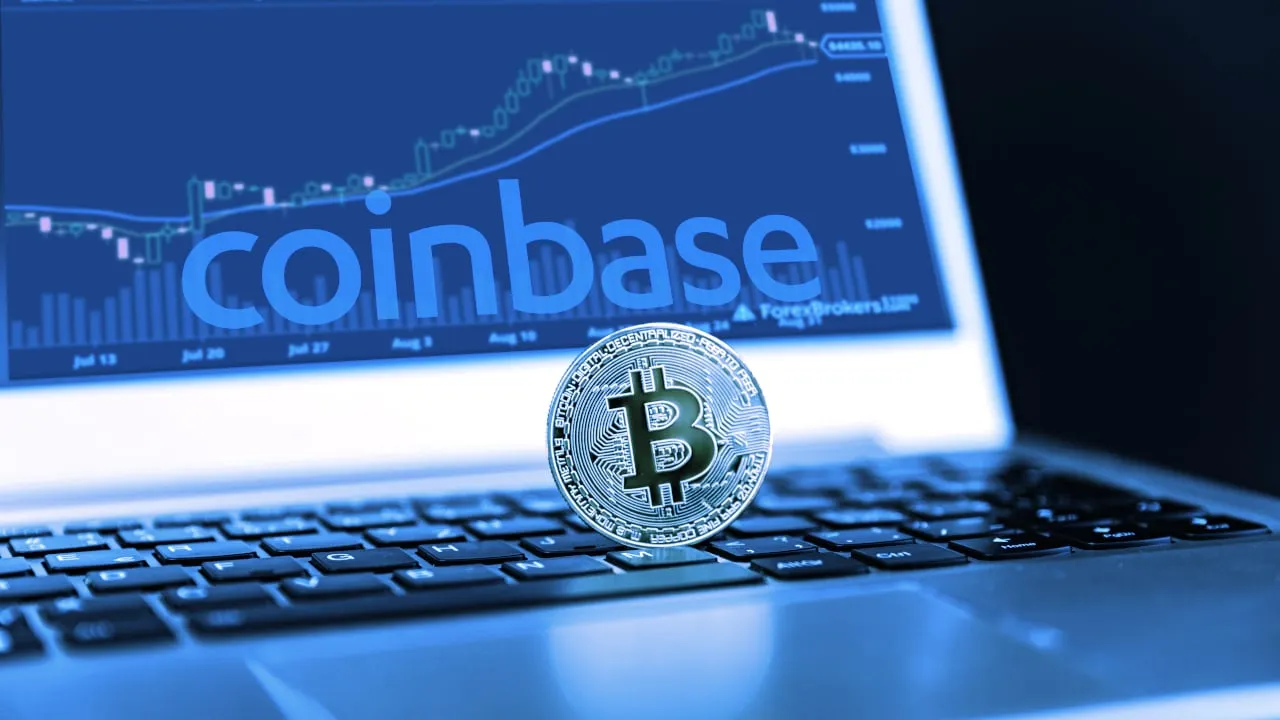Coinbase has been setting its sights on growth outside the U.S., but declined to comment directly on a report from Bloomberg saying it’s already talking to international clients about those plans.
Instead, a Coinbase spokesperson told Decrypt in an email that the company is accelerating work on its “Go Broad, Go Deep” strategy, revealed earlier this month, which includes growing its presence on every continent except for Antarctica.
“Our international expansion drive will focus on high-bar regulatory jurisdictions,” the spokesperson told Decrypt in an email. “We remain focused on offering our products in a safe, compliant way, with sound risk management at the core.”
As an example, the spokesperson referred to an announcement on Twitter earlier this week that Coinbase is offering free bank transfers and Singpass integration, a digital identity system used by 4.5 million residents, for customers in Singapore.
If Coinbase, currently the largest U.S.-based crypto exchange, does set up more overseas operations, it would more directly compete with the likes of Binance, which sees roughly 10 times more volume than Coinbase per day. The company, which saw $2.3 billion in volume in the past day, would also be in direct competition with a handful of similarly-sized rivals, like Seychelles-based OKX and Cayman Islands-based Gate.io.
Coinbase, which trades on the Nasdaq under the COIN ticker, went public in 2021. And even if they’re just rumors, investors seem to like the idea of the exchange focusing on international growth. Its shares were trading at $76.31 an hour before markets closed on Friday, up 13% from the previous day.
The San Francisco-based company has been talking about its aspirations to spur global growth for a while.
During Coinbase’s Q4 2022 earnings call in February, CEO Brian Armstrong alluded to increased regulatory scrutiny after the collapse of a former competitor, Sam Bankman-Fried’s crypto exchange FTX.
“But let me be very clear, I believe this is a good thing for the space and that it will ultimately benefit Coinbase,” he said. It's really easy to look at the headlines and assume that increased regulatory activity is bad for crypto, but I really don't agree with that.”
That doesn’t mean he’s content to wait and see how regulation shakes out in the states.
“Outside the U.S., just about every major financial hub is vying to be the leader in Web3,” Armstrong said later on the call.
On the latest episode of Decrypt's gm podcast, Coinbase chief legal officer Paul Grewal expressed disappointment with the way regulators, the SEC in particular, have been approaching enforcement.
“It's still not too late. You know, the train has not completely left the station,” Grewal said. “But it is concerning to see that the response to that proactive engagement—not just by Coinbase, but by a number of others in crypto—has been to double down or triple down, as we were just discussing, on subpoenas, on Wells notices and on enforcement actions.”
Earlier this month, Grewal testified before the U.S. House Committee on Financial Services to make the case for how regulatory clarity would benefit consumers and the industry—echoing a petition the company sent to the SEC in July.

